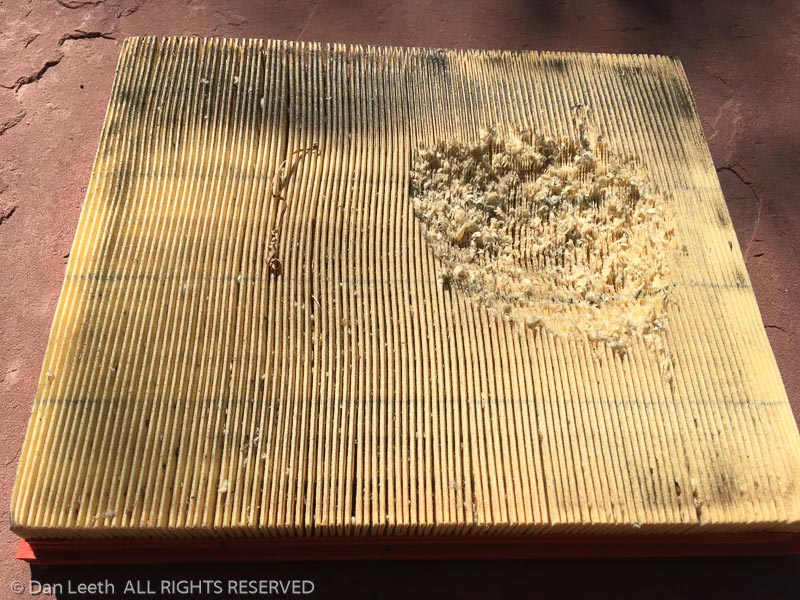
“Looks like a mouse has tried to nest in your air filter,” the service advisor at the Nissan dealer told me. “Do you want us to replace it?”
I guess this is what happens when you spend 84 nights camping in Canada’s national and provincial parks.

“Looks like a mouse has tried to nest in your air filter,” the service advisor at the Nissan dealer told me. “Do you want us to replace it?”
I guess this is what happens when you spend 84 nights camping in Canada’s national and provincial parks.
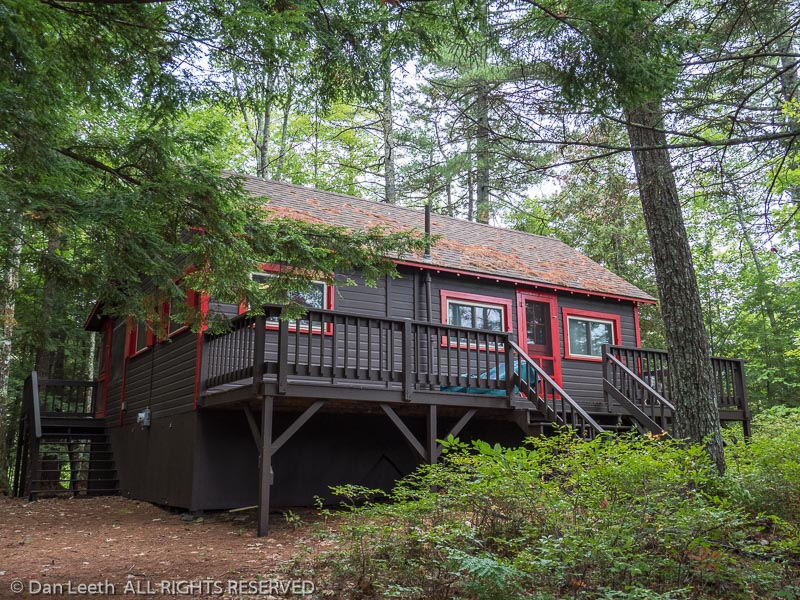
The very first thing we did after reentering the United States was to find the closest washrooms. (Oops make that restrooms. We’re back in America now.)
The next thing was to get some good ol’ American food. And by good ol’ American food, of course I mean burritos and margaritas. We found a Mexican restaurant in a small Maine town and ordered away.
What a mistake. The margaritas tasted like Kool-Aid and my burrito was about as tasteless as hospital food.
“We should have learned by now not to order Mexican food anywhere east of Texas,” my all-knowing wife reminded me.
It was then on to visit my brother and his wife at their camp in Maine. What they call a “camp” is what we out West would call a “cabin.” The two-bedroom structure sits on a peninsula jutting out into a “pond,” which is what we out West would call a “lake.” For three nights, we drank bottled, not boxed, wine, listened to the loons and slept in a bed that didn’t require one to crawl over her partner to get to the bathroom.
Unfortunately, my brother and sister-in-law still have to work for a living at places with real bosses. When they had to return to their jobs, Dianne and I drove off to Vermont in the hopes of seeing some of its famed fall color.
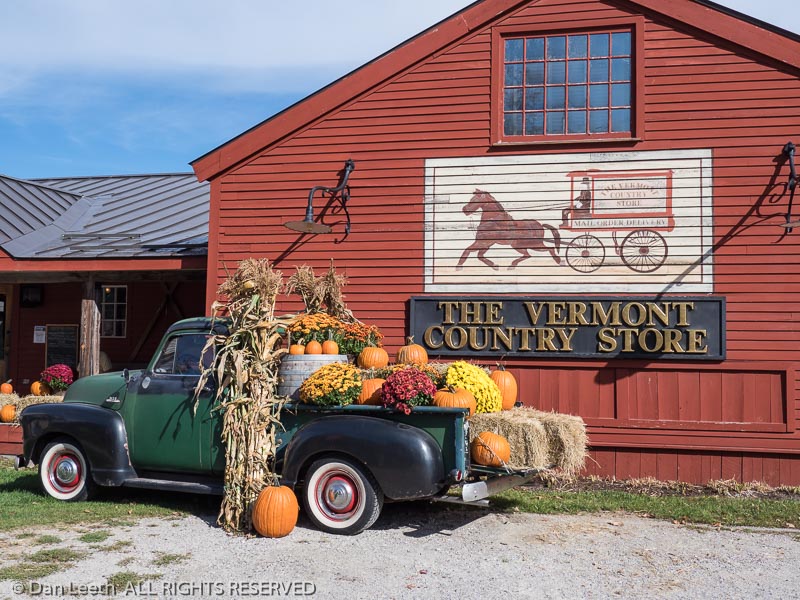
We were too early. Most of the leaves were still green and those which had lost their chlorophyll were mostly dried and curled up because of a late-season New England drought. While too early for the flaming foliage, we did have an enjoyable time exploring the countryside and vowed to return in a future fall.
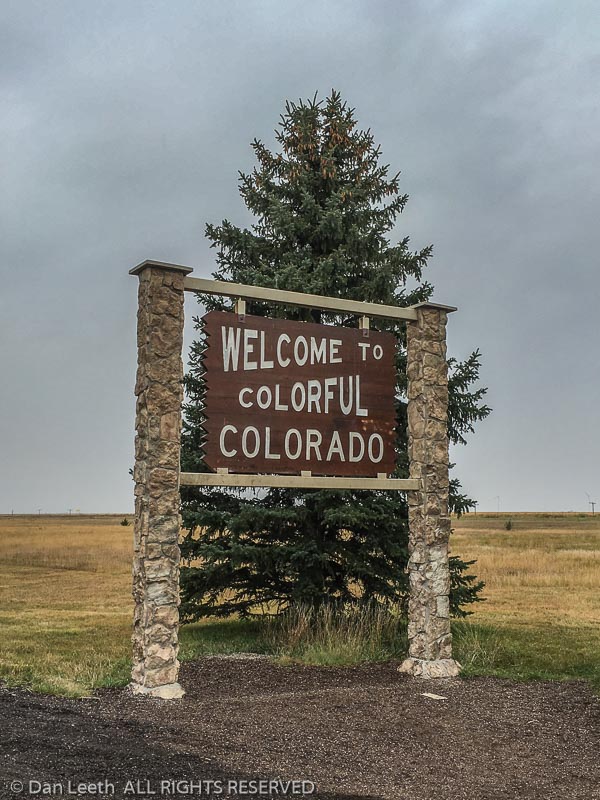
When it comes time for trips to end, Dianne and I see things differently. I almost always look forward to returning to reality. She, on the other hand, normally wants to stay gone forever. But not this time.
“I’m eager to get home,” she confessed.
Our original return plan was to take a week to meander from Vermont to Colorado, covering a maximum of 300 miles a day mostly on two-lane roads. With both of us ready to return, we decided to hit the freeways.
We dropped down to Pennsylvania our first night, crossed into Ohio for our second night, cruise-controlled off to Illinois on the third and spent our final night at a Corps of Engineers site in Kansas on our fourth. We saw nothing of interest along the way but miles of divided highway and a myriad of trucks.
Finally back home, we unloaded the vitals, showered in our own bathroom and set out to do the one thing we hadn’t been able to do for the 3+ months we were gone.
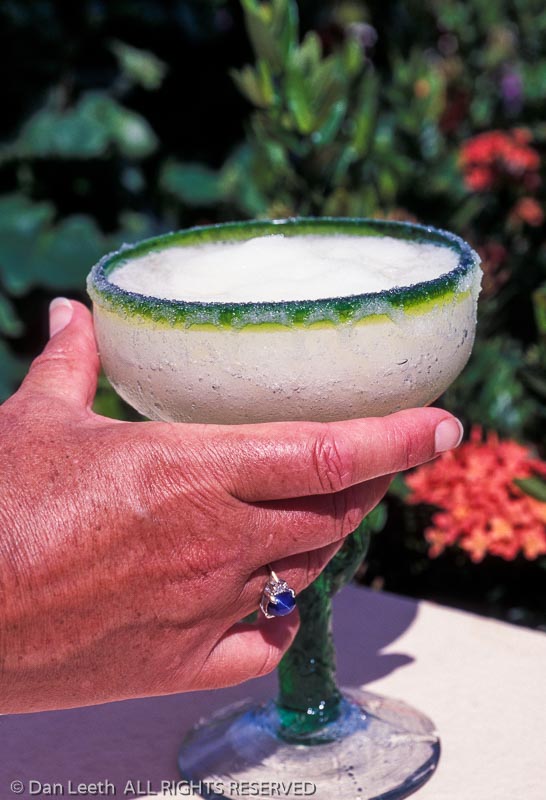
We went out for real Mexican food.
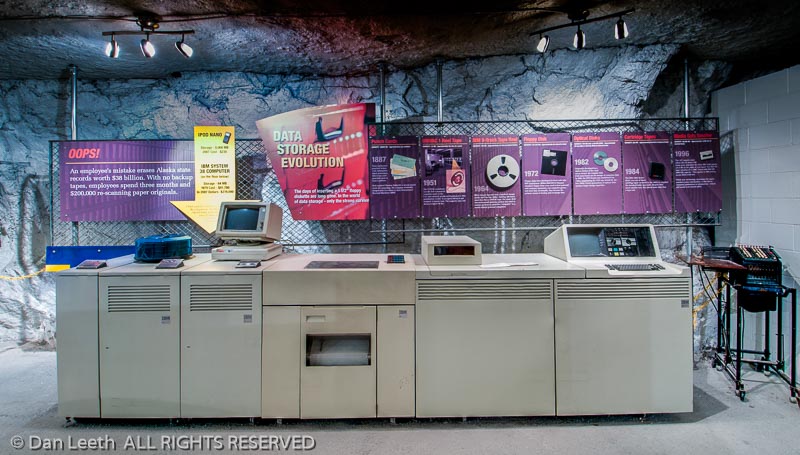
Now that we’re back home and totally recovered, it’s time to calculate at what our Canada caper covered and cost.
From start to finish, we traveled a total of 13,525.3 miles, with about 12,000 of those miles pulling the trailer. Average fuel cost per mile was just over 20 cents. We had the Nissan oil changed three times in route, and other than a mouse eating away at the engine air filter, we experienced no mechanical problems.
We lost a handful of screws on the trailer, all of which were easily replaced. The only trailer repair needed was to replace the starboard stern stabilizer jack, which was damaged in a back-up turnaround on loose ground. Tires on the trailer (replaced just before we left) held up fine.
In all, we spent $12,199.14 (U.S. dollars) on the trip, broken down as follows:
Campground fees $3,197.44
Laundry 88.21
Showers 20.54
Propane 53. 32
Motel (one night) 94.98
Camping $3,454.49
Gasoline $2,716.35
Oil chgs. and air filter 188.08
Trailer stabilizer 77.91
Parking 8.54
Bus and shuttles 39.72
Toll roads and bridges 59.71
Ferries 1,075.58
Transportation $4,165.89
Groceries $1,476.76
Beer & wine 674.49
Dining out 1,634.44
Supplies 58.84
Food $3,844.53
Admission fee $ 99.75
Tours 207.38
Guide/busker tips 17.05
Fees $ 324.18
Med evacuation insurance $ 404.98
Mail forwarding 216.00
Cell phone/data 318.09
Ins/data $ 939.07
Souvenirs $ 101.01
Home goodies 60.45
Personal 161.46
Lost $ 0.19
Canadian cash leftover 27.33
Unspent $ 27.52
Cable TV turned off $ (620.84)
No trash collection (97.18)
Savings $ (718.02)
That figures out to about $122 per day, or about the cost of one night at a decent motel somewhere (without food or transportation). That’s not bad for a 100 delightful days on the road.
Notes:
We brought neither a generator nor solar panels with us, so every night but one was in a campground with electrical hookups, which are commonplace in Canadian national and provincial parks.
Most of the ferry fares were for the trip to and from Newfoundland.
We paid for one night in a motel when we drove without the trailer to the northern tip of Newfoundland.
The souvenirs and home goodies were totally optional, but hey, you can’t spend three months in a foreign land and not come back with a t-shirt or two.
With the need to do city things, we checked into our first Canadian RV park here in Regina. Prior to that, our campgrounds were either national or provincial parks. In each, the showers came free.
Not here. Even though we’re paying more for the site, the showers are coin-op and cost extra.
Add that to the reasons we prefer to camp in national and provincial parks.